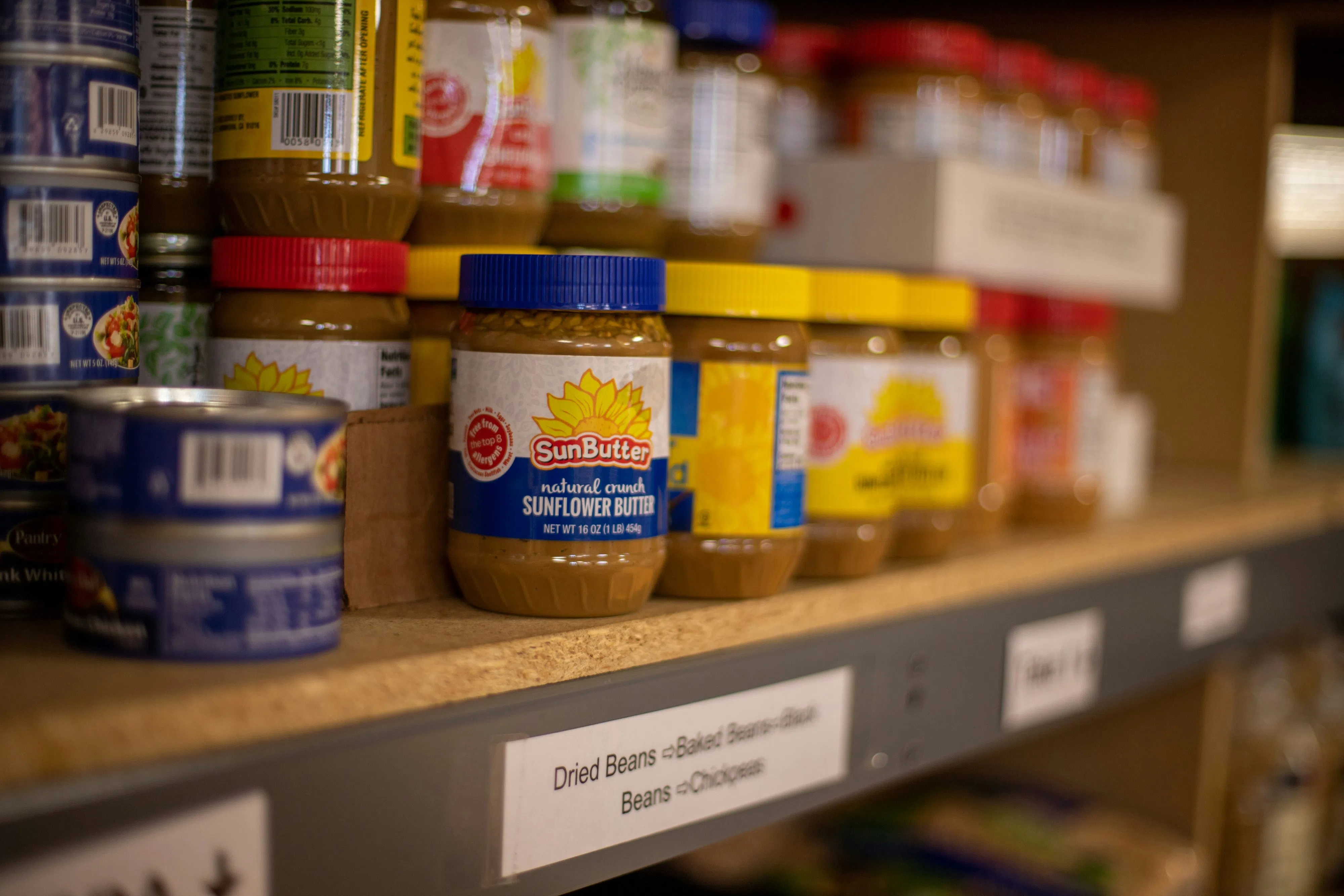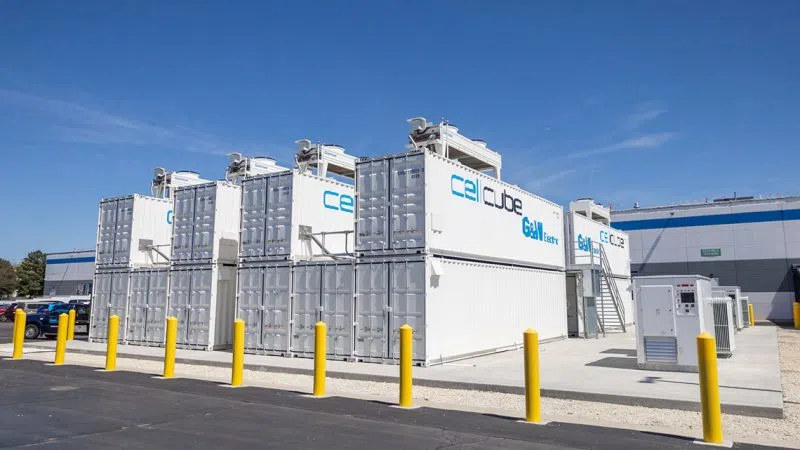On Thursday, Governor JB Pritzker visited Kumler Outreach Ministries Food Pantry in Springfield to meet with leadership and discuss the potential impacts of proposed federal funding cuts to the Supplemental Nutrition Assistance Program as part of the budget bill still working through the United States Congress. As part of President Donald Trump and House Republicans’ tax and budget proposal, the governor’s administration noted that the top 5% of earners in America would be offered approximately $1.5 trillion in tax breaks, supplemented by large cuts to programs like Medicaid and SNAP.
Governor JB Pritzker noted:
“Trump and House Republicans think tax cuts for the wealthy are more important than feeding our children. Given their proposed cuts to SNAP, food banks like Kumler Outreach Ministries Food Pantry in Springfield are more important than ever. I’m proud to support them in combating food insecurity and uplifting our communities.”
“Cutting SNAP benefits will rip food off the tables of Illinois families,” said Lt. Governor Juliana Stratton.“Our most vulnerable communities will be hit the hardest, forcing them to rely on food banks and similar organizations—groups that are already stretched thin and struggling due to Trump’s disastrous trade war and inflation. If Washington cuts these funds, we don’t have any more options; real people will suffer.”
Governor Pritzker began his visit with a tour of the food pantry – which serves Springfield and the surrounding communities as a choice pantry where individuals choose their food items rather than being given a pre-packaged bag. The release noted that food choice empowers those using the pantry and helps prevent food waste.
Kumler Outreach Ministries also has partnerships with the Central Illinois Foodbank and local farmers’ markets, which assist in providing food bank visitors with fresh, in-season produce and other donated items.
State Senator Doris Turner (D-Springfield) also commented:
“I see firsthand how critical SNAP is for our neighbors. When families lose access to benefits, they turn to places like Kumler—but food pantries are not a replacement for a strong, well-funded safety net. Cuts to SNAP don’t just hurt individuals; they strain entire communities. I am deeply concerned about how these proposed changes would impact the people we serve every day.”
SNAP Nationwide
The U.S. House-passed Republican reconciliation plan includes almost $300 billion in cuts to SNAP through 2034, which provides food benefits to low-income families. This would be the deepest cuts to SNAP in its 60+ year history. Across the nation, nearly 11 million people, including 4 million children, would potentially lose access to healthy food, worsening food insecurity and hardship nationwide.
The proposed changes from Trump and Congressional Republicans include:
- Requiring states to pay a portion of SNAP costs, which is an unprecedented shift as the program is 100% federally funded,
- Expanding work requirements for enrollees forcing eligibility changes and additional administrative barriers to support for many Illinoisans, and
- Increasing the paperwork burden and severely limiting benefit amounts.
SNAP in Illinois
In Illinois, an estimated 427,000 residents would be at risk of losing SNAP benefits. Over 1.8 million (about 16%) of Illinois residents rely on SNAP.
Of the 1 million households receiving benefits:
- 45% have children,
- 37% have older adults,
- 44% have a person with a disability, and
- 83% have an individual who is actively working.
To maintain coverage for these individuals, the state would need approximately $1.2 billion in funding.
Economic Impacts of SNAP Cuts
These potential cuts to SNAP will have a negative impact on the Illinois and nationwide economy. If implemented, combined cuts to SNAP and Medicaid could result in one million jobs lost, a $113 billion decline in states’ gross domestic product, and $8.8 billion in lost state and local tax revenue in 2026 alone. According to a U.S. Department of Agriculture report from 2019, it is estimated that in a weak economy, $1 in SNAP benefits generates $1.50 in economic activity.







